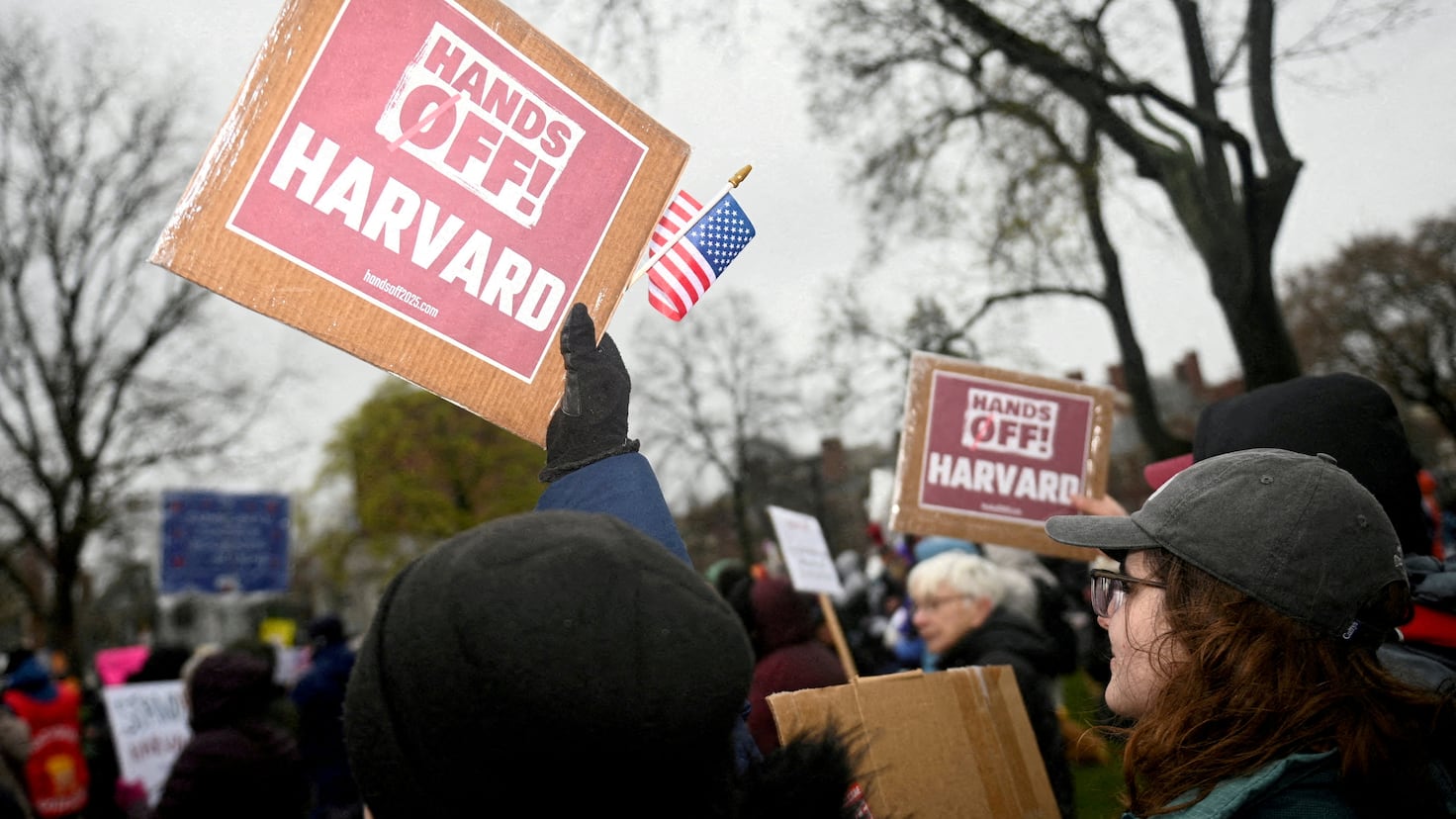Harvard Faces Funding Freeze: Will It Bend to White House Demands?
2025-05-07

AS USA
Harvard University is facing a serious financial crisis as the White House threatens to withhold federal funding until the institution complies with specific policy changes. This escalating conflict stems from a long-standing dispute over Harvard's handling of donor data and its potential impact on federal research grants. Learn about the details of the standoff, the potential consequences for Harvard and the broader academic community, and what the future holds for this prestigious university.
The Standoff: Harvard and the White House
The current situation is a dramatic escalation of a battle that began earlier this year. The Trump administration, under previous guidelines, attempted to force Harvard to disclose information about its donors, particularly those who contribute to donor-advised funds. Harvard staunchly resisted this demand, arguing that it would violate donor privacy and potentially deter future philanthropic support. The university claims that complying with the administration’s request would expose sensitive financial data and jeopardize its ability to attract crucial funding for research and academic programs.
The administration contends that universities receiving federal research grants – which for Harvard amounts to hundreds of millions of dollars annually – should be transparent about their funding sources. They argue that this transparency is necessary to ensure accountability and prevent potential conflicts of interest. The core of the disagreement lies in the interpretation of what constitutes a 'foreign influence' and how universities should report their financial relationships.
The Stakes are High
The potential consequences of this funding freeze are significant. Harvard, like many leading universities, relies heavily on federal research grants to support cutting-edge research, employ faculty, and provide educational opportunities for students. A loss of funding would undoubtedly impact Harvard’s academic programs, research initiatives, and overall reputation. Beyond Harvard, the situation has broader implications for universities across the nation. Other institutions receiving federal funding are closely watching the outcome of this dispute, as it could set a precedent for future government oversight of university finances.
Harvard’s Response and Potential Outcomes
Harvard officials have expressed disappointment with the administration’s stance and maintain their commitment to protecting donor privacy while remaining transparent about their financial operations. The university is reportedly exploring alternative strategies to address the administration’s concerns, including providing aggregated data and implementing enhanced internal controls.
The situation remains fluid, and the ultimate outcome is uncertain. Several possibilities exist: Harvard could agree to some of the administration’s demands, potentially compromising donor privacy to some extent. The administration could back down and allow Harvard to continue operating under its current policies. Or, the dispute could escalate further, leading to a prolonged funding freeze and potentially disrupting Harvard’s operations for an extended period.
Broader Implications for Higher Education
This conflict highlights a growing tension between government oversight and academic freedom. Universities have traditionally enjoyed a degree of autonomy in managing their finances and operating their programs. However, increasing scrutiny of foreign influence and concerns about accountability are prompting calls for greater transparency. The Harvard case serves as a critical test of how universities will navigate this evolving landscape and balance the need for financial stability with the protection of academic principles. The resolution of this dispute will likely shape the future of federal funding for higher education for years to come.





